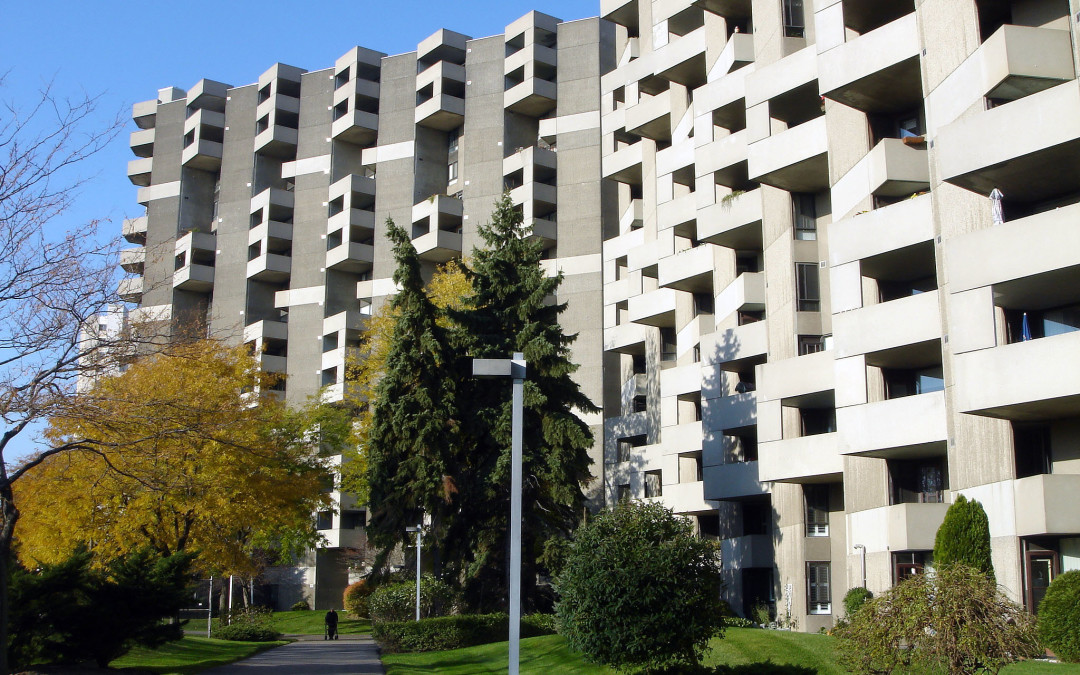The Rights of a Landlord and Tenant – The Ontario Landlord & Tenant Board
The Landlord and Tenant Board provides both landlords and renters with information regarding the Residential Tenancies Act and also helps to resolve the disputes that can come up between a landlord and tenant in a residential property. It offers anyone living in Ontario access to effective and specialized dispute resolution on a variety of tenancy matters.
The Start of a Tenant Agreement:
Your tenant agreement should be in the form of a contract before any type of rental agreement is formed. To protect both the landlord and the tenant, you can write up a written contract; this isn’t legally required but it is highly suggested. Doing this creates a legal record and a paper trail so that if any disputes were to happen you can effectively help your case.
What to Include in the Agreement?
Written contracts must have the legal address and name of the landlord so that the renter knows where any documents or notices should be sent. The contract should also contain the following information:
- The amount of the rent
- The date that the tenant will take occupancy of the unit
- The date the rent is due
- Any services included
- Rules and regulations
Only the regulations and conditions that are allowed as set out by the Residential Tenancies Act may be included.
What a landlord must provide to a new tenant
All landlords in Ontario must provide the new tenant with information about the Landlord and Tenant Board, how it can be contacted and the responsibilities and rights of tenants and landlords. This information must be passed over to the renter either before or on the day that the rental unit becomes occupied.
A copy of the lease that has been signed must be sent to the renter within 21 days. If there was no lease signed, the landlord must still provide his legal address and name within the same time span. If this isn’t done, the tenant does not have to pay the rent. Once the information is provided, however, the rent that was withheld can then be collected.
Entering a tenant’s unit
A landlord can only enter a tenant’s unit under certain circumstances including the following:
- In an emergency
- If the tenant allows the landlord in
The Rights of a Landlord and Tenant – The Ontario Landlord & Tenant Board
The Landlord and Tenant Board provides both landlords and renters with information regarding the Residential Tenancies Act and also helps to resolve the disputes that can come up between a landlord and tenant in a residential property. It offers anyone living in Ontario access to effective and specialized dispute resolution on a variety of tenancy matters.
The Start of a Tenant Agreement:
Your tenant agreement should be in the form of a contract before any type of rental agreement is formed. To protect both the landlord and the tenant, you can write up a written contract; this isn’t legally required but it is highly suggested. Doing this creates a legal record and a paper trail so that if any disputes were to happen you can effectively help your case.
What to Include in the Agreement?
Written contracts must have the legal address and name of the landlord so that the renter knows where any documents or notices should be sent. The contract should also contain the following information:
- The amount of the rent
- The date that the tenant will take occupancy of the unit
- The date the rent is due
- Any services included
- Rules and regulations
Only the regulations and conditions that are allowed as set out by the Residential Tenancies Act may be included.
What a landlord must provide to a new tenant
All landlords in Ontario must provide the new tenant with information about the Landlord and Tenant Board, how it can be contacted and the responsibilities and rights of tenants and landlords. This information must be passed over to the renter either before or on the day that the rental unit becomes occupied.
A copy of the lease that has been signed must be sent to the renter within 21 days. If there was no lease signed, the landlord must still provide his legal address and name within the same time span. If this isn’t done, the tenant does not have to pay the rent. Once the information is provided, however, the rent that was withheld can then be collected.
Entering a tenant’s unit
A landlord can only enter a tenant’s unit under certain circumstances including the following:
- In an emergency
- If the tenant allows the landlord in
Get the right advice and professional help from the ACCL Property Management team today.
Contact Us:
Durham Region Tel: 1(905) 579-6688
York Region Tel: 1(416) 619-5203
Peel Region Tel: 1(416) 619-9214
Toll free: 1(844) 651-2225
Fax: 1(905) 579-6688
Email: info@acclpropertymanagement.com
When you choose ACCL Property Management , you have the peace of mind, knowing that you have a trusted name in property management.


Recent Comments